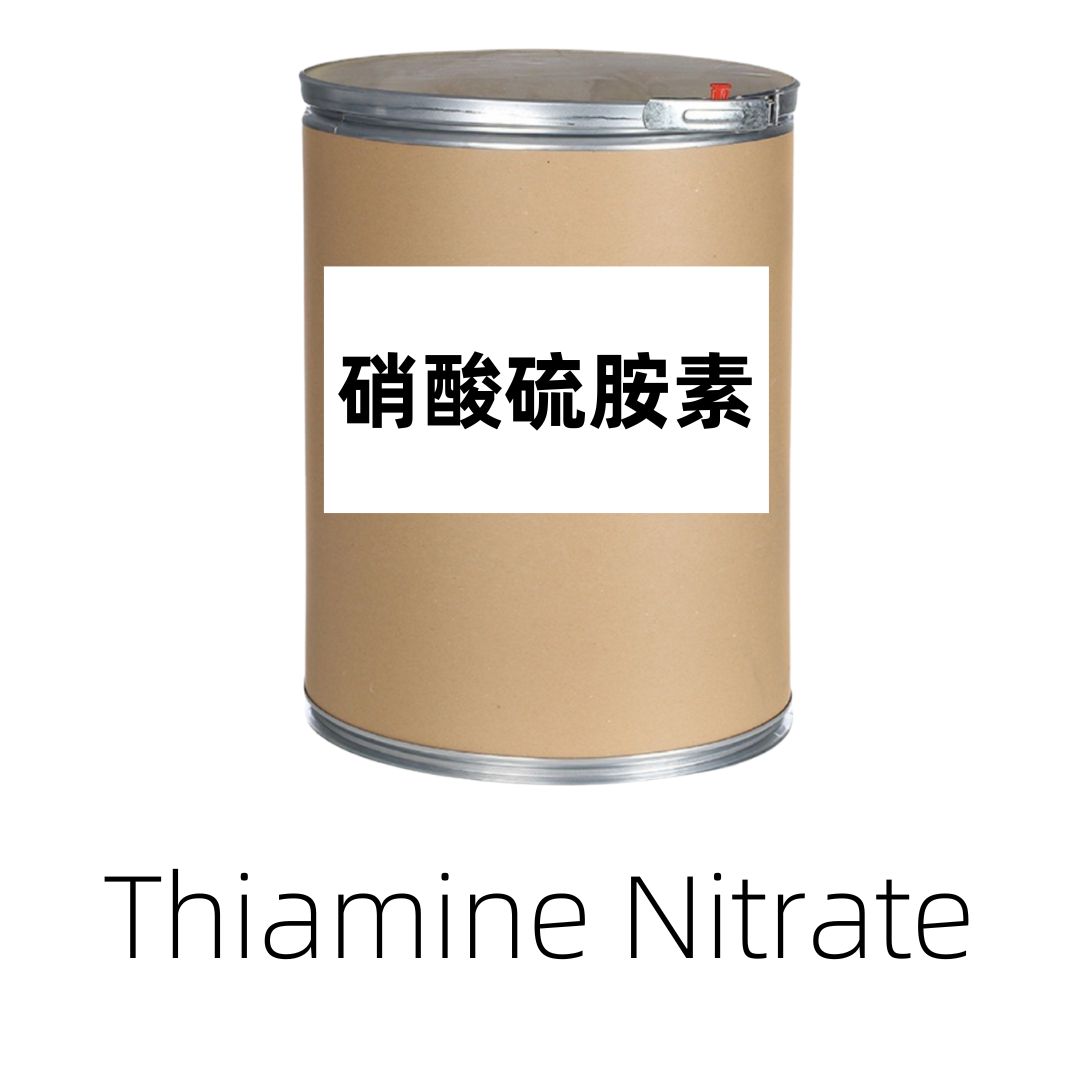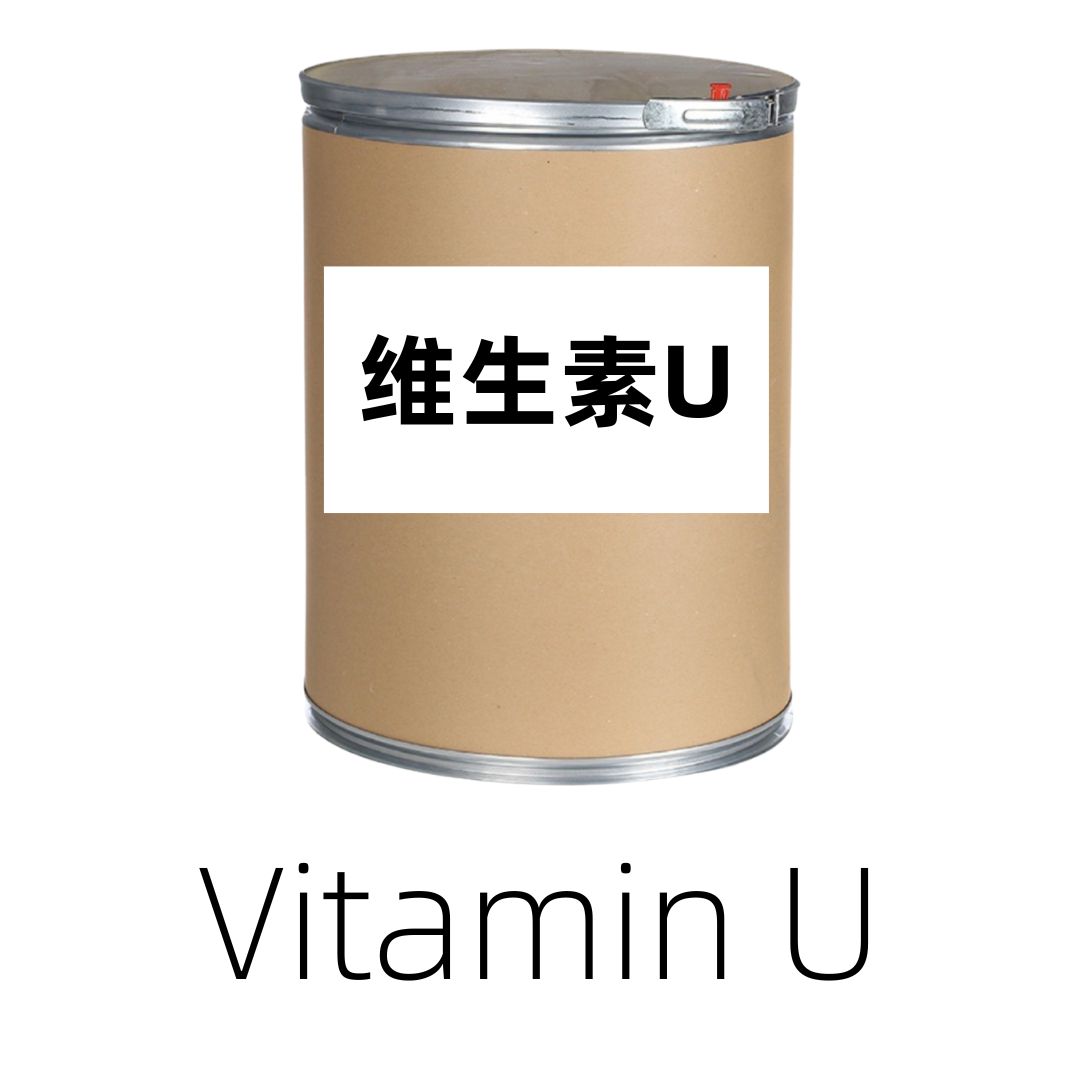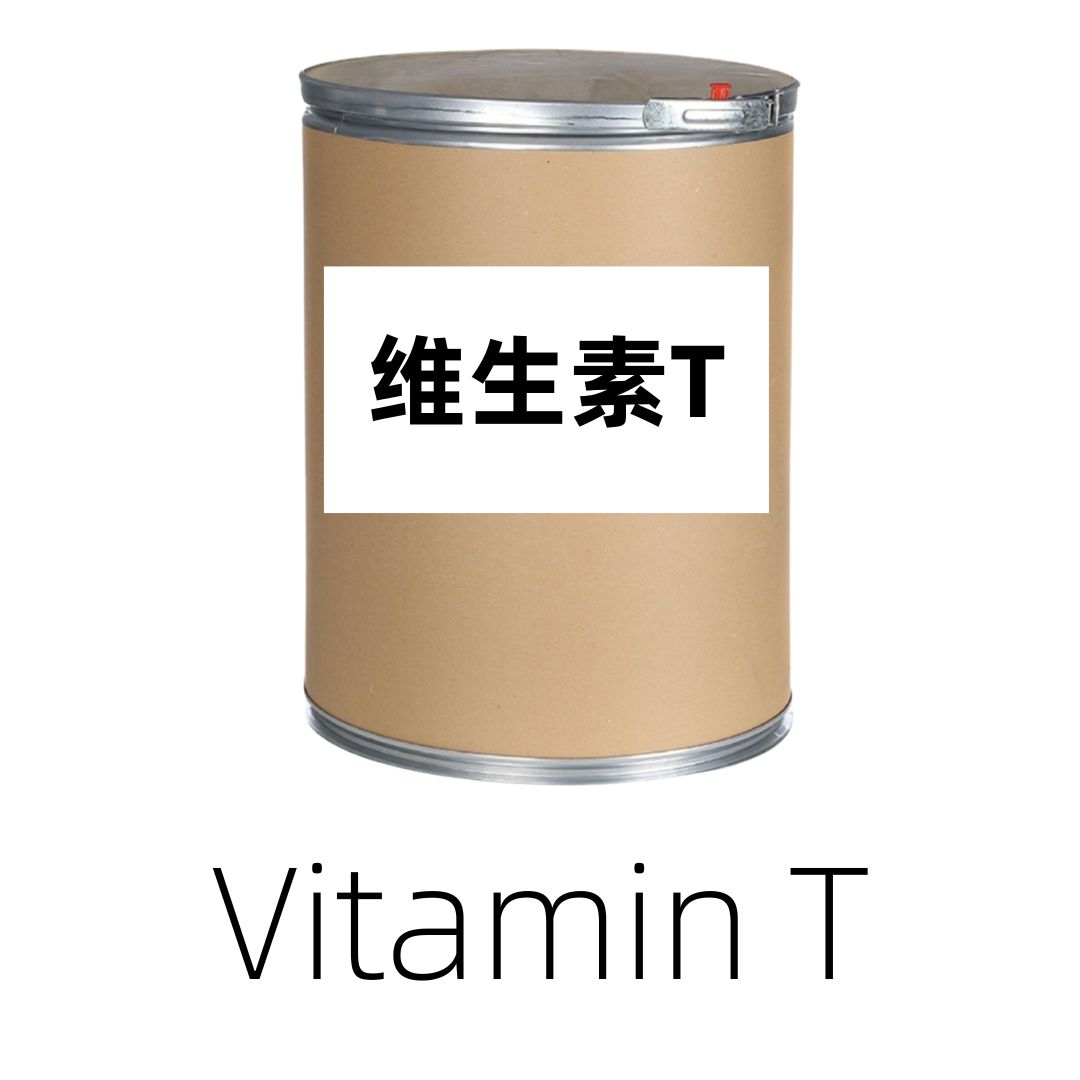Vitamin D is a fat-soluble vitamin essential for maintaining bone health and regulating calcium and phosphate in the body. It exists in two main forms: vitamin D3, derived from animal sources, and vitamin D2, sourced from fungi. This vitamin can be incorporated into dietary supplements, fortified foods, and even used in livestock and poultry feed to promote health and growth.
The production of vitamin D typically starts with UV irradiation of 7-dehydrocholesterol, derived from lanolin, to create vitamin D3. Alternatively, ergosterol, which comes from yeast, is used for vitamin D2. The process involves careful conversion and purification to ensure the product meets quality standards for consumption.
Vitamin D is commonly found in fortified foods like milk, cereals, and fatty fish, and used in dietary supplements for those who may be deficient. It plays a crucial role in various health applications, such as improving immune function and reducing the risk of chronic diseases.
For storage, vitamin D should be kept in a sealed container, away from light, in a cool, dry place to ensure its efficacy. Packaging options include bulk 25 kg paper drums or sample 1 kg aluminum foil bags, with customization available per customer needs. Shipping methods include FedEx, DHL, specialized logistics, and sea freight consolidation. The shelf life of vitamin D is typically two years if stored properly.
Monica Sun possesses extensive technical expertise and market insights in the food additives industry. She excels in designing efficient and safe additive formulations tailored to various food applications, ranging from sweeteners to functional dietary fibers. Monica has successfully assisted food manufacturers in optimizing ingredient combinations to enhance product quality and improve consumer satisfaction.









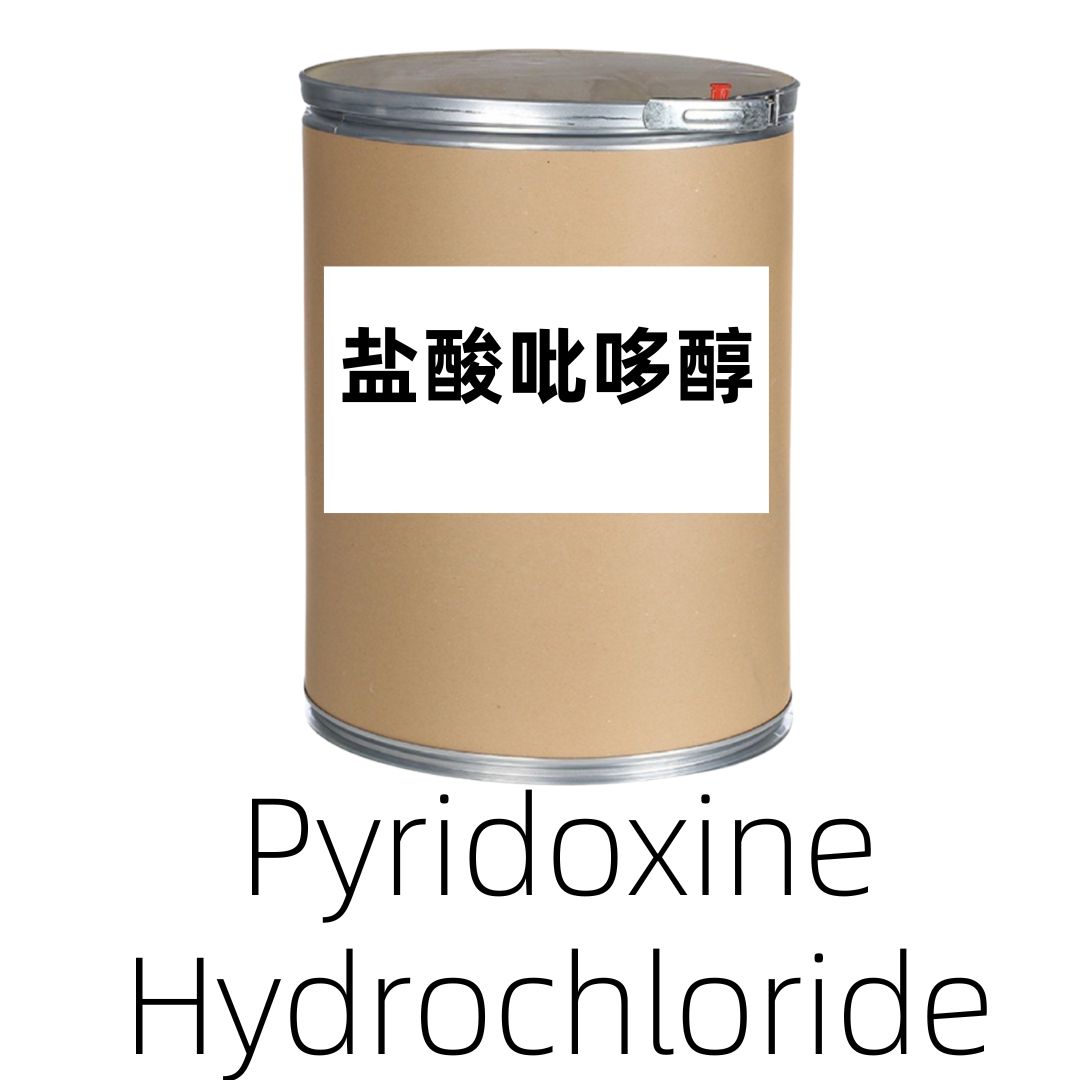
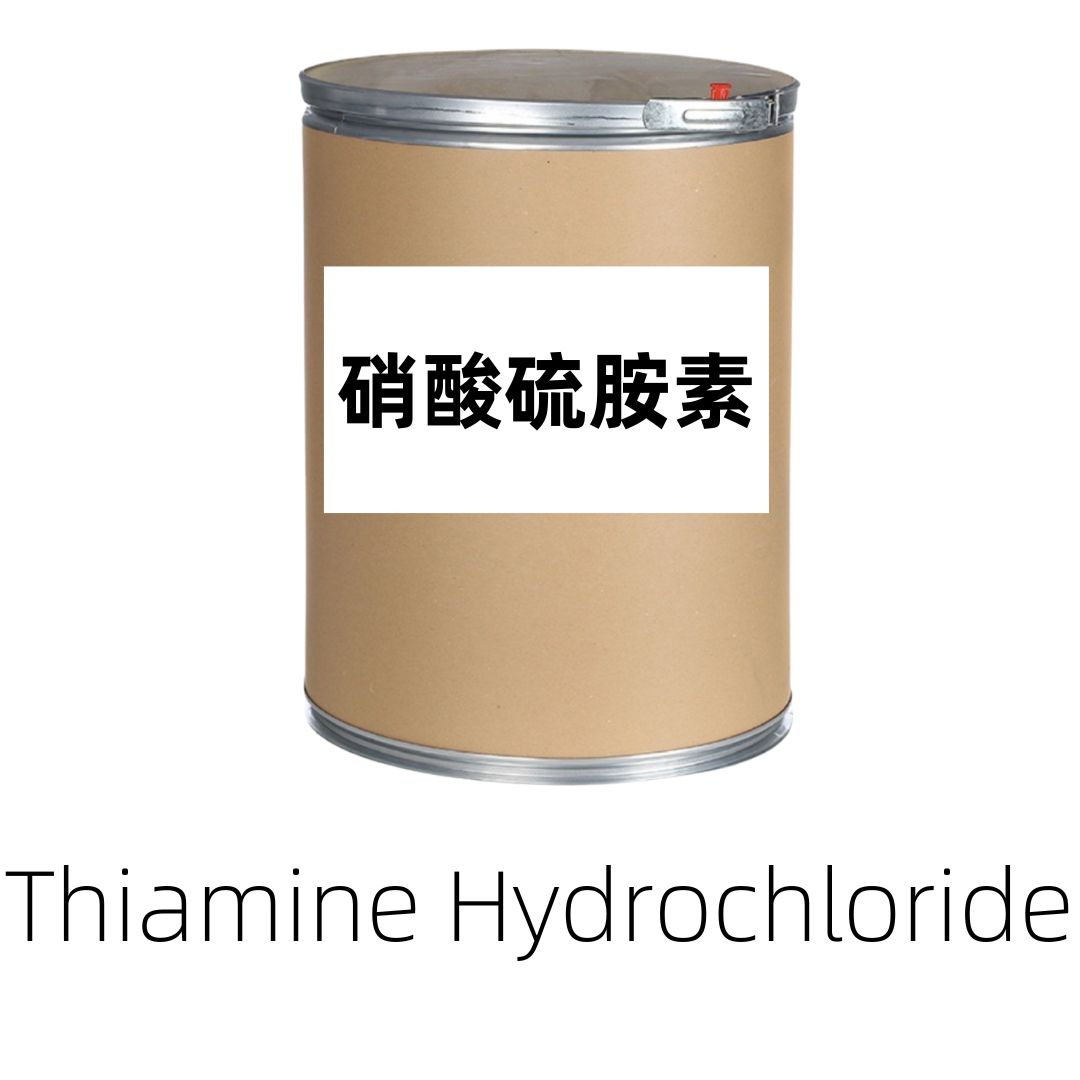
nicotinamide.jpg)
